Scapolite is also known as wernerite named after the German geologist, A.G. Werner, scapolite ranges in color from pink, purple, blue, yellow and grey to colourless. These colors reflect the variation in composition, from sodium-rich to calcium-rich. Crystals are found as prisms that resemble sticks, giving rise to the name “scapolite”, derived from the Greek words scapos, meaning rod, and lithos, meaning stone.
Scapolite is silicate of aluminium with calcium and sodium where potassium or fluorine may be present. Scapolite comes in almost all colors (yellow and violet are common) and is a good simulant for many natural stones including quartz, beryl, feldspar, etc.
Scapolite is found as crystals in pegmatites and metamorphic rocks like mica schist and gneiss. It also occurs in massive form. Localities include Brazil, Burma, Canada, Kenya and Madagascar.
A cat’s-eye effect can be seen in some pink and purple stones. Scapolite may easily be confused with amblygonite, chrysoberyl, and golden beryl.
A scapolite is cut into cabochon when parallel needle like inclusions is found within it so that it can generate cat’s eye effect otherwise it is cut in facetted cut stone. The best scapolite come form Kenya, Madagascar, Brazil and Tanzania.

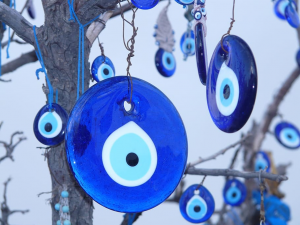

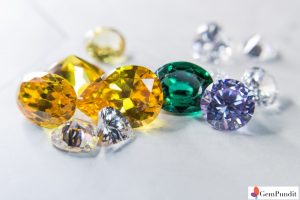

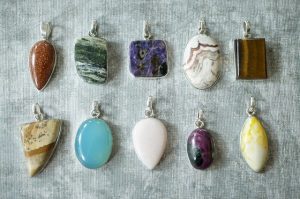

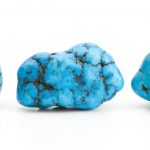
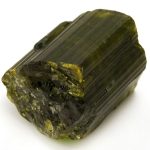
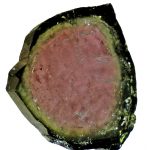
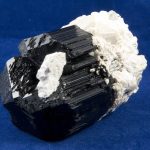
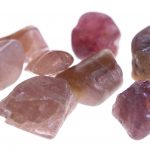
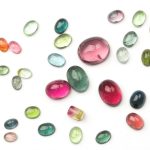
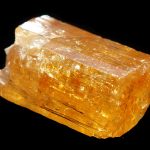
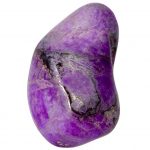
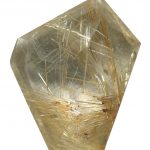
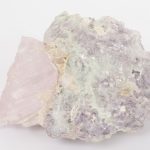
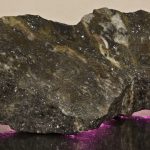
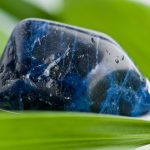
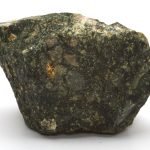
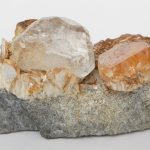
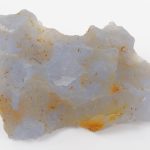
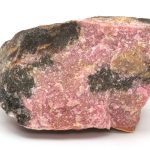
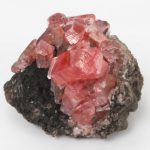
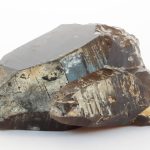
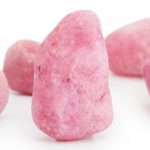
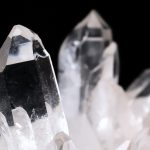
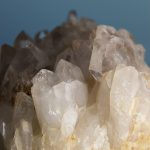
Leave a Reply
You must be logged in to post a comment.